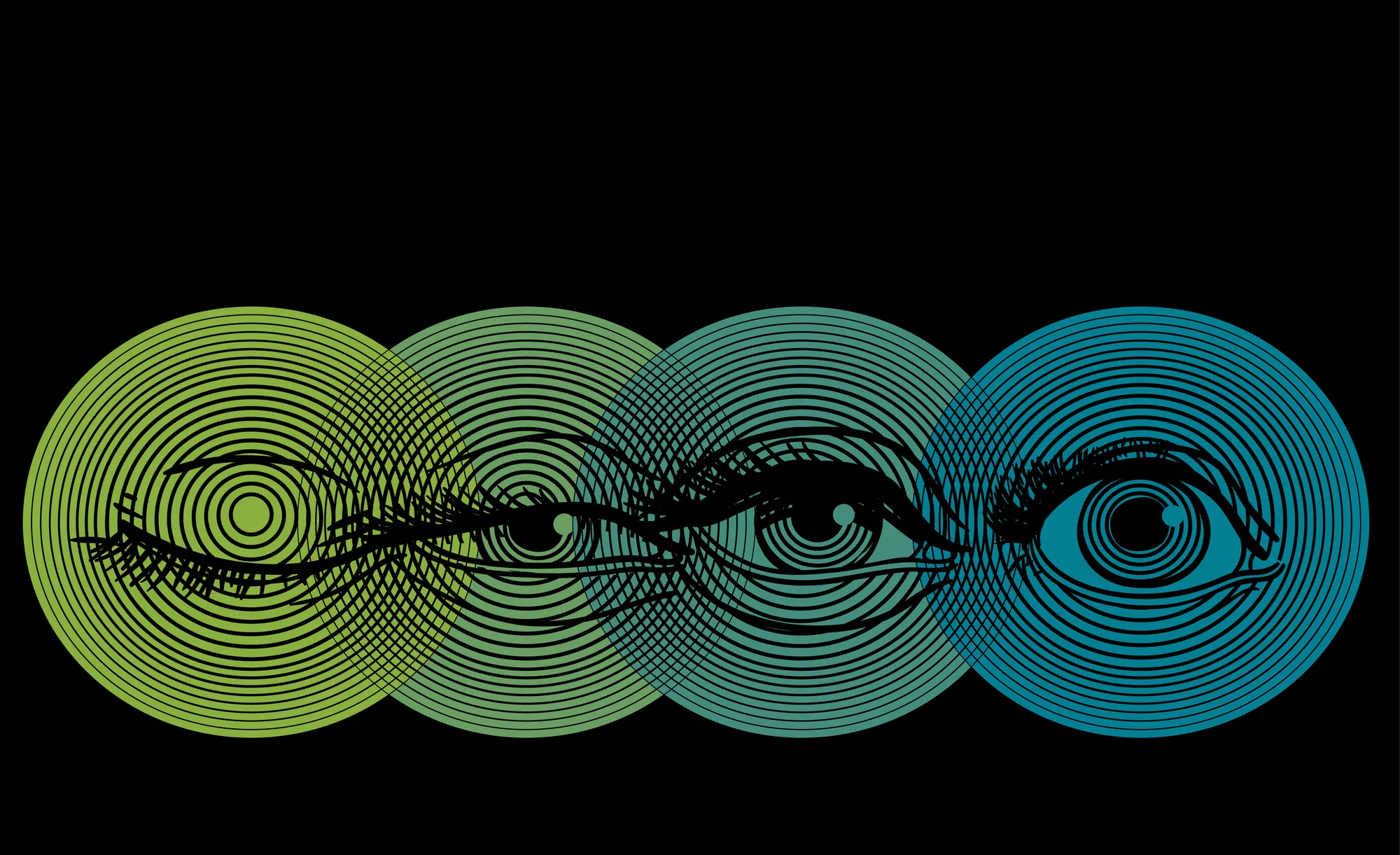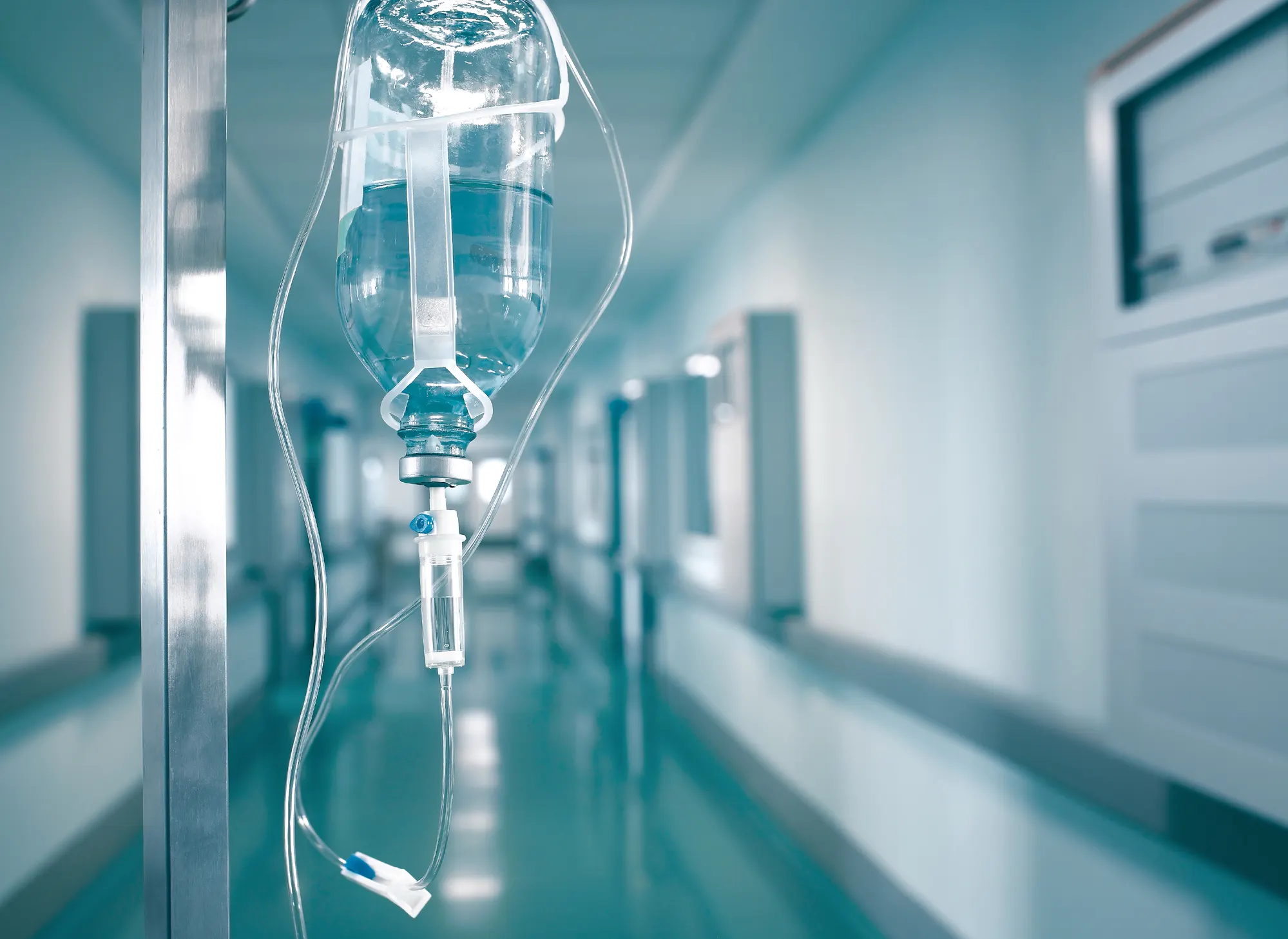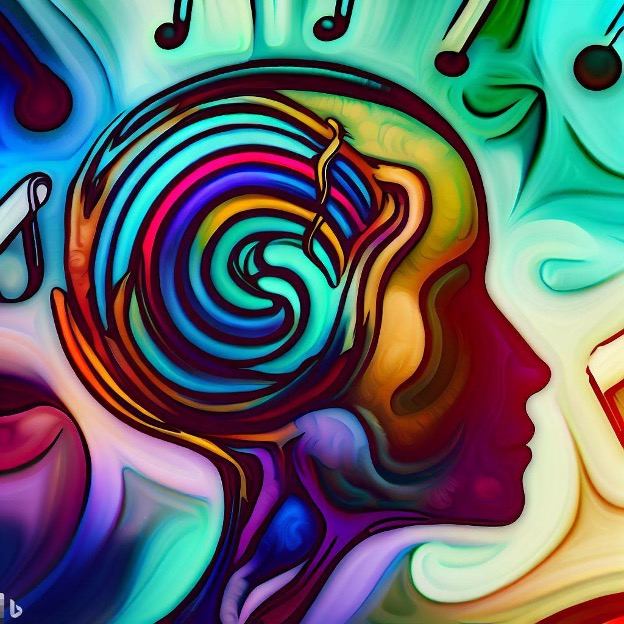For veterans, PTSD is an extremely common yet insufficiently treated problem. The Department of Veterans Affairs reports that about 21 veterans (including active duty servicemen, guards, and other military officials) commit suicide every single day.
Ketamine has also been shown to help greatly with post-traumatic stress disorder. Roughly 7 out of 10 people have experienced trauma in their lives, and 20% of them go on to develop PTSD. That’s 45 million people in the United States, according to PTSD United. PTSD is especially a problem for women, who develop PTSD at twice the rate of men.
And yet, there are currently very few medications on the market for PTSD, and the ones we do have tend to only manage symptoms; they don’t address the root cause of the mental illness. It seems, however, that ketamine is offering better results. Patients with PTSD who are given ketamine show improvement that is both rapid and long-lasting.
A 2018 meta-analysis examined data from 10 studies, totaling nearly 170 patients. The study, which was published in the American Journal of Psychiatry, concluded that ketamine can rapidly reduce suicidal thoughts in as little as one day, with benefits lasting a week at a time.
This is a huge step up from traditional antidepressants, which can take as long as two weeks to begin working, sometimes making symptoms worse in the meantime. When someone is threatening self-harm, time is of the essence, so a tool like ketamine that can reduce those urges so quickly is incredibly useful.
What Is Post-Traumatic Stress Disorder?
PTSD is a complex mental health problem that can develop after a highly stressful event, such as warfare, sexual assault, car accidents, or other traumatic experiences that trigger the so-called ‘fight or flight’ response. When this mechanism in the brain is triggered strongly, it can make the brain get locked into this mode.
PTSD symptoms are actually ingenious defense mechanisms that our brains have evolved over time. Symptoms like fast heart rate and agitation are meant to protect you from dangerous situations. But, in a modern-day application, they can lead to disturbing dreams, insomnia, or flashbacks. PTSD can be incredibly taxing on a person’s mental health, and people with PTSD are at a greater risk for self-harm or suicide.
How Ketamine Helps with PTSD — and Fast
Not only does ketamine help with depression, but it also shows promise in treating other conditions, such as bipolar disorder, anxiety and yes, even PTSD. The way this works, researchers theorize, lies in how ketamine works with glutamate.
Glutamate is the most abundant neurotransmitter in the brain, and it is found in every part of the body. Glutamate helps our bodies manage stress response and memory formation; therefore, scientists think glutamate plays a big role in how PTSD starts in the body.
Where does ketamine fit in with all of this? Well, ketamine has been proven to antagonize or block glutamate receptors (specifically the NMDA receptor). When these receptors are blocked, the symptoms of PTSD can diminish.
In a randomized controlled trial conducted in 2014, 41 patients were given intravenous ketamine or a placebo. It was the first study of its kind; other ketamine research had not looked at PTSD specifically. The patients given ketamine saw a rapid reversal of some of their core PTSD symptoms. Some patients saw a reduction in symptoms for as long as two weeks at a time.
Ketamine was also well-tolerated in patients, which means these results are extremely promising. There is still more research to be done, especially to explain precise neurological processes, but in the meantime, we know three things about ketamine: it works well, it’s fast, and it’s very safe.
Ketamine can seemingly silence that fight-or-flight response that gets overstimulated by trauma triggers. Ketamine can help you detach yourself from the physical stresses of PTSD, allowing you to take that trauma and contextualize it in a healthier, more rational way.
Helping Veterans with Ketamine
The San Francisco VA recently started administering ketamine to their soldiers with PTSD. These soldiers had exhausted every other treatment option, and nothing was quite working.
Ketamine, however, gave “impressive outcomes,” according to Tobias Marton, the director of the ketamine infusion program at the center. So far, the clinic in San Francisco is the only part of the VA that is allowing for these ketamine infusions, but the practice is likely to spread, especially given how widely used ketamine already is by the military.
In fact, ketamine got some of its first widespread use during the Vietnam War; soldiers who were injured on the battlefield were able to take a drug that lessened their pain symptoms. So, though this research might seem new, ketamine has been used for medicinal purposes in the U.S. for decades now.
The U.S. Food and Drug Administration also very recently approved an esketamine nasal spray treatment, which alleviates symptoms of depression. Esketamine and ketamine are very similar on a chemical level, and they affect the same receptors in the brain. This proves even further that the medical community is opening the door for ketamine to help patients with a long list of psychological and physiological problems.
PTSD is a growing problem, especially among our military service members. After years of searching, ketamine infusion therapy really could be the answer to treating PTSD.
At Bespoke Treatment, we are committed to helping our veterans and offer substantial discounts to veterans and their family members.


























